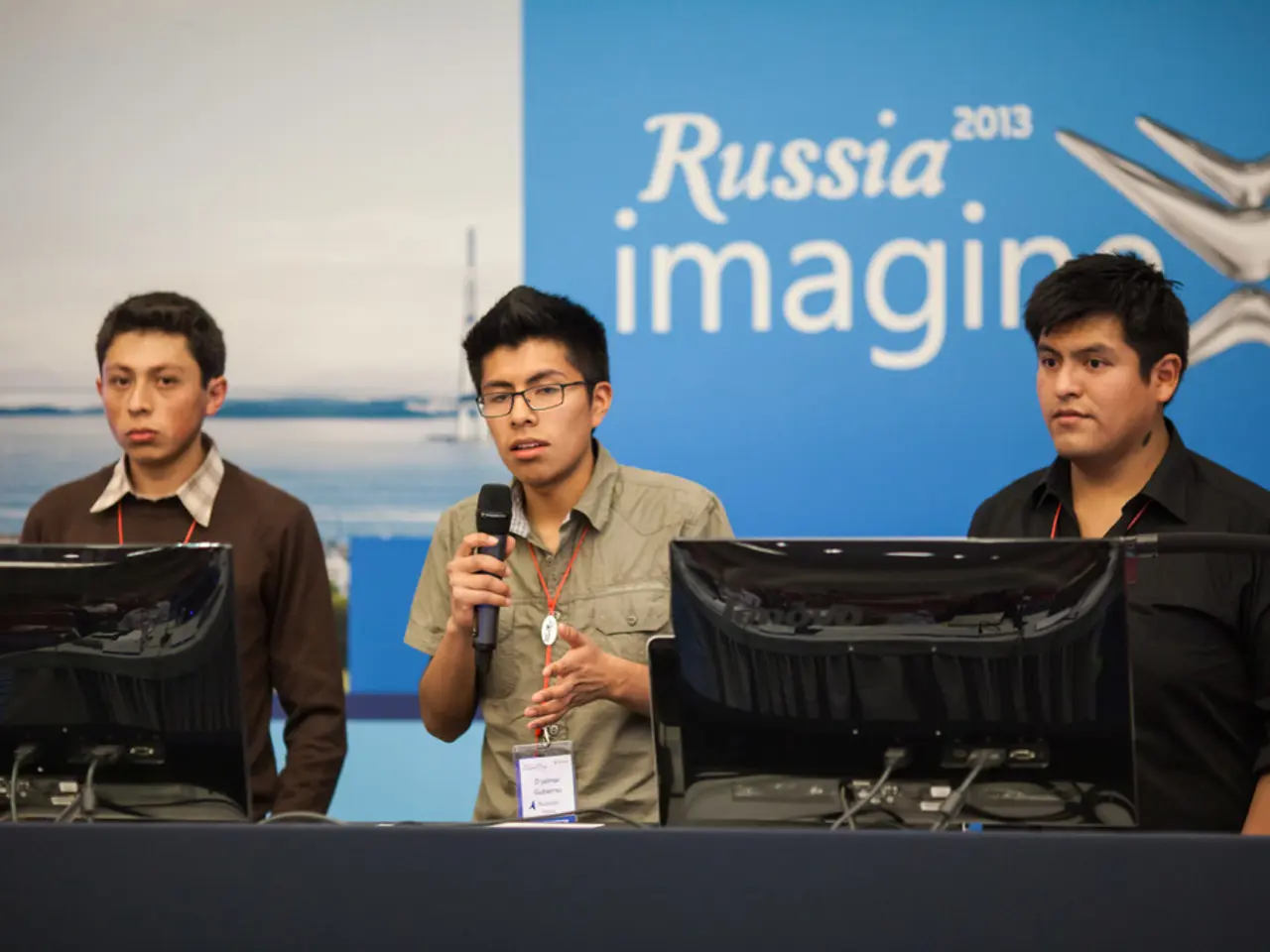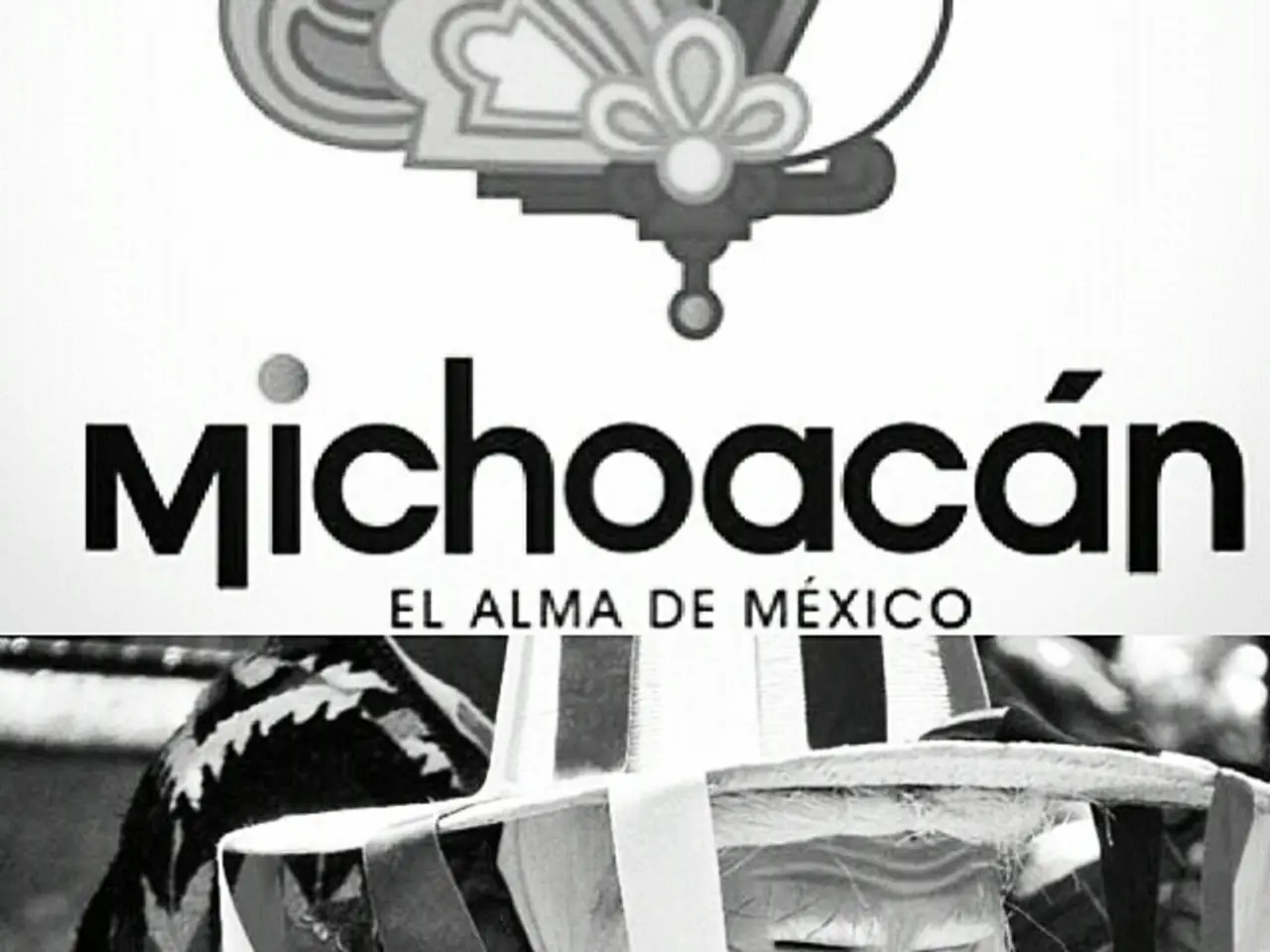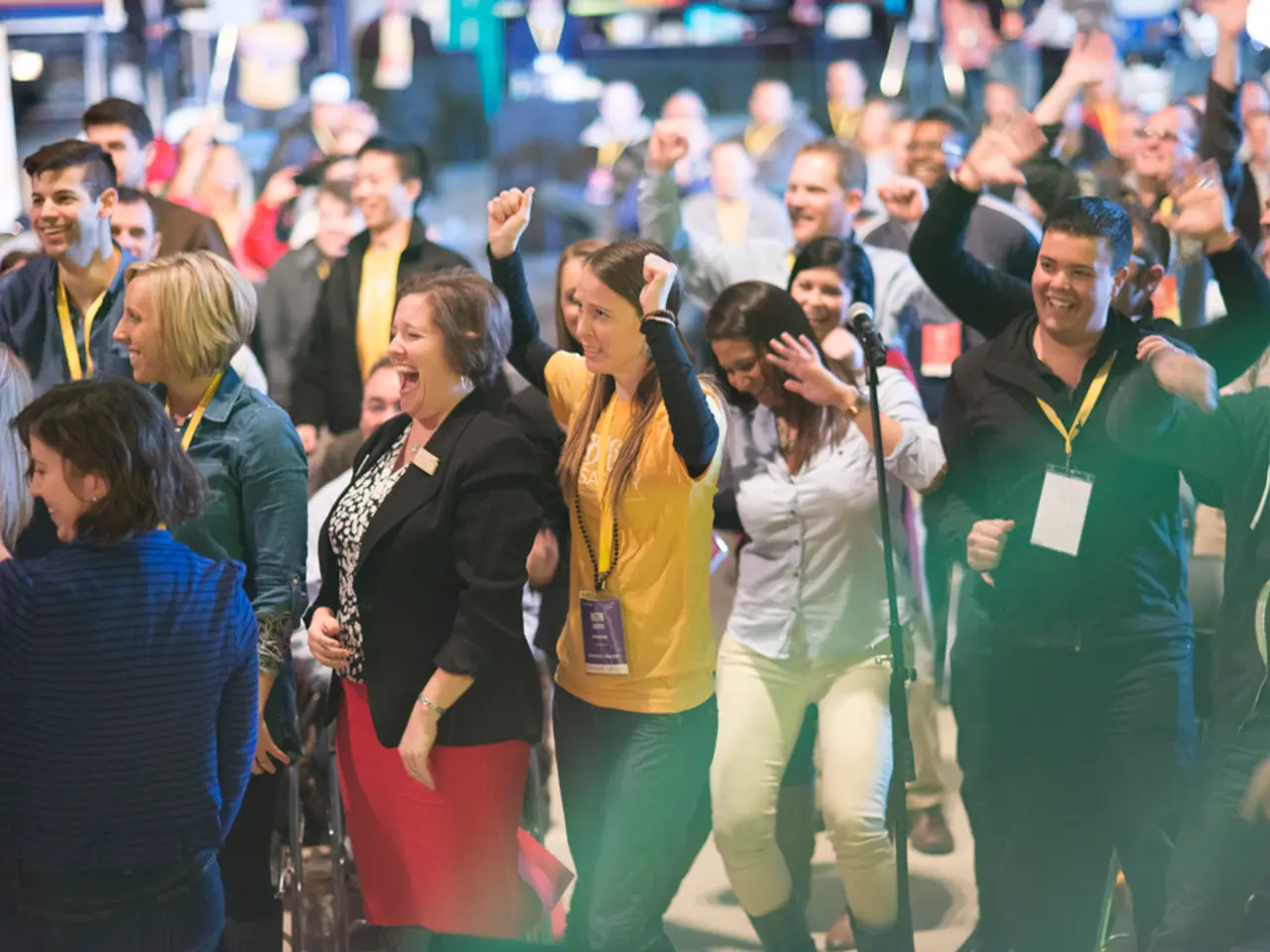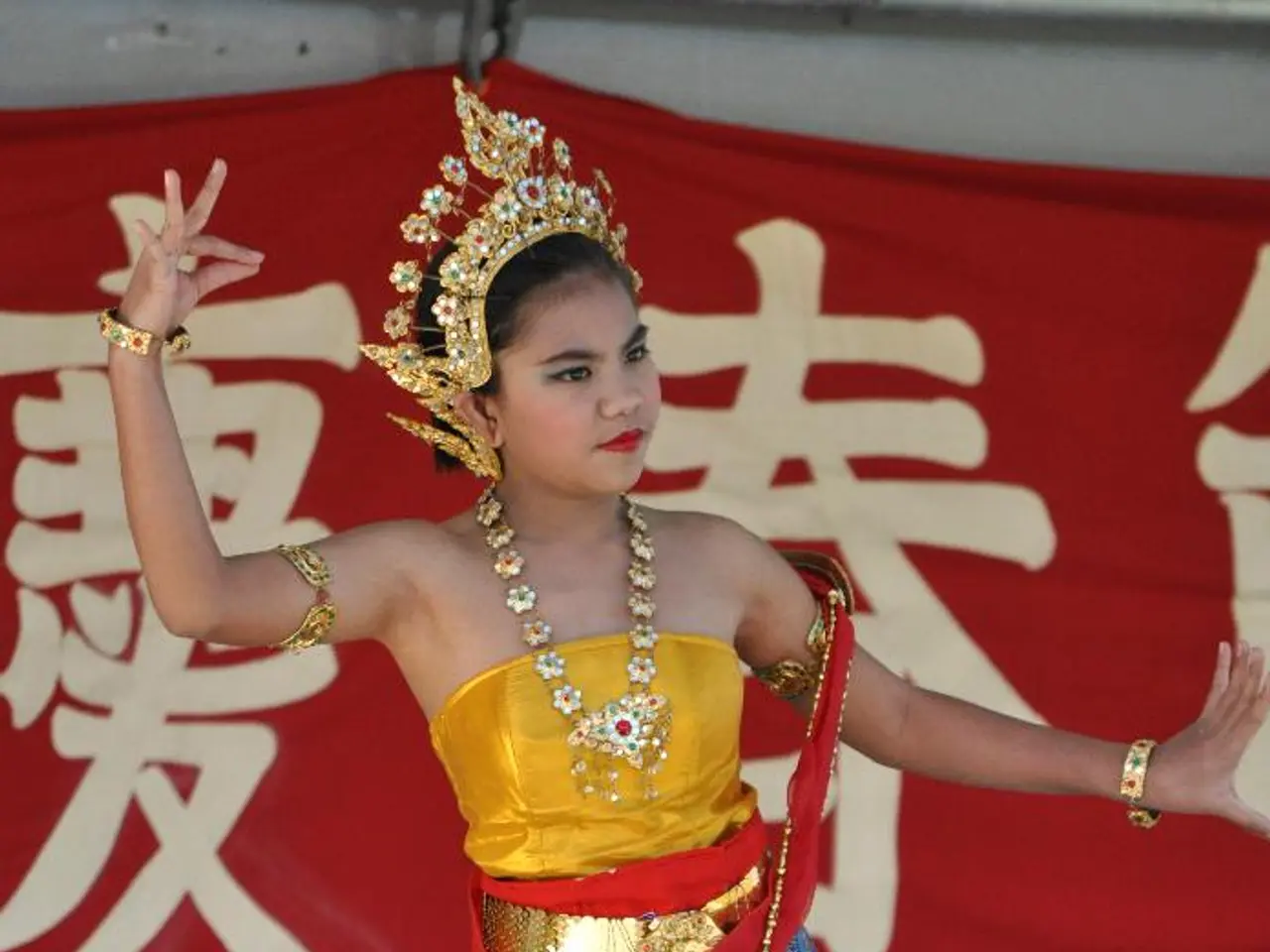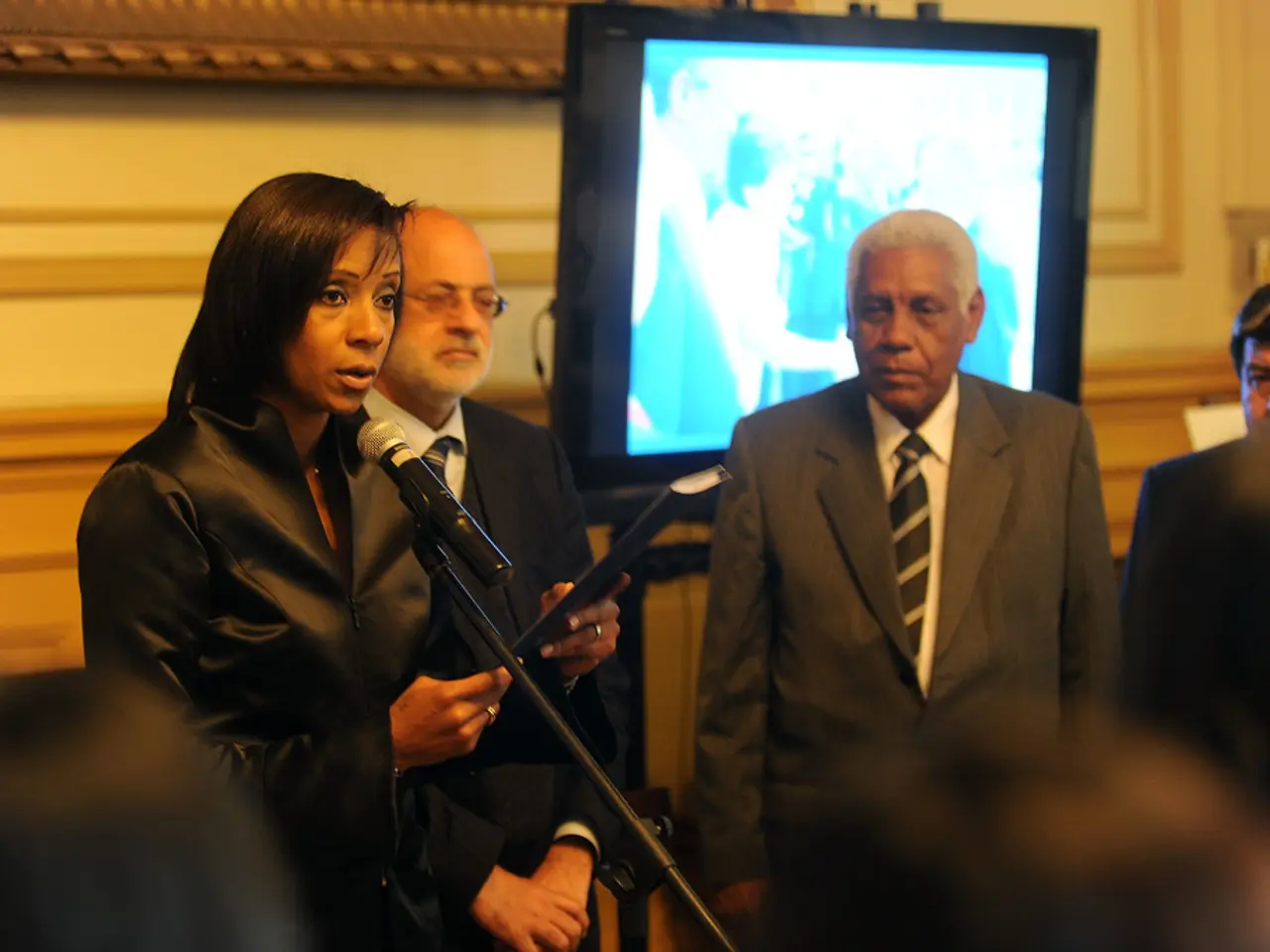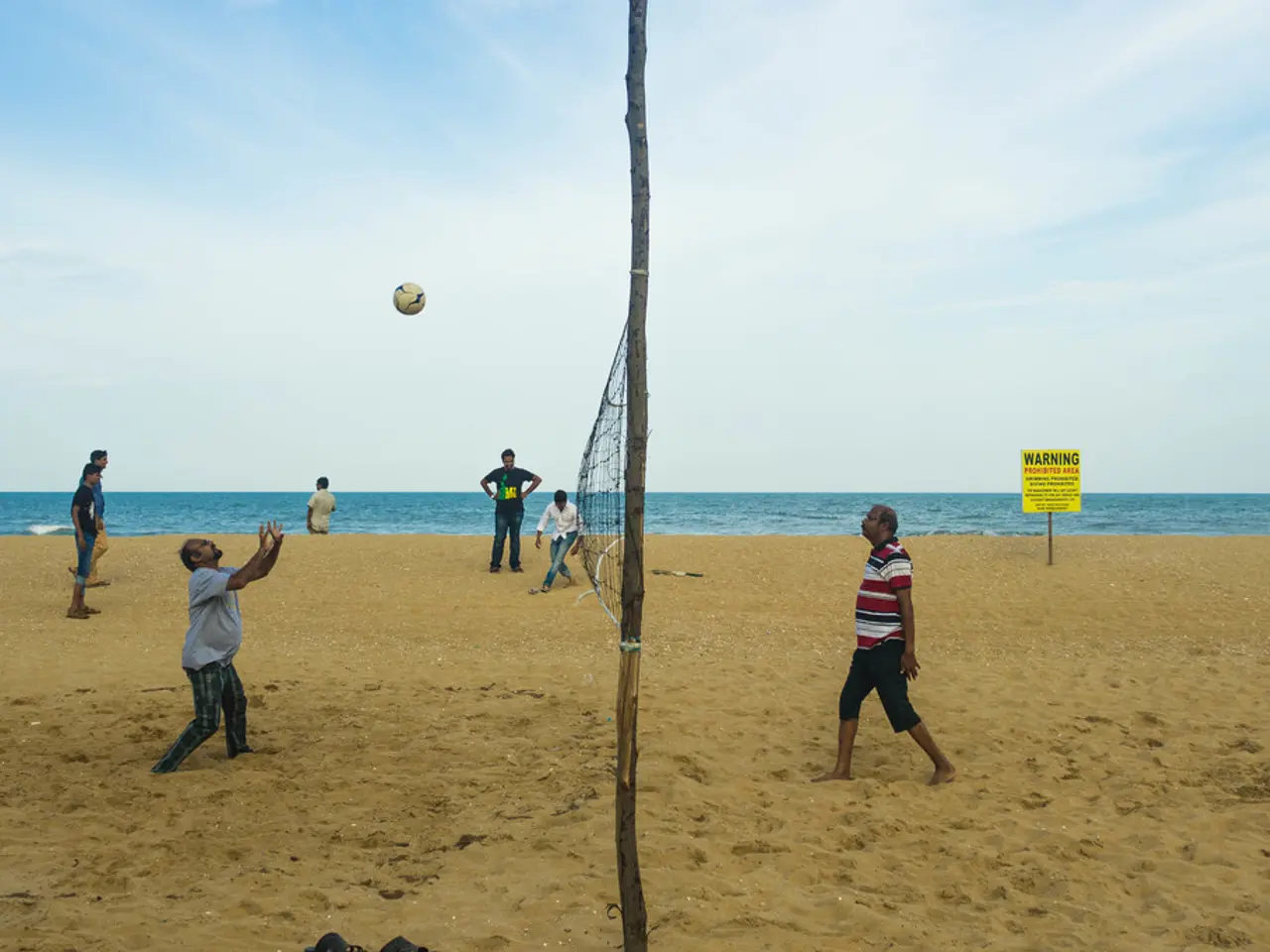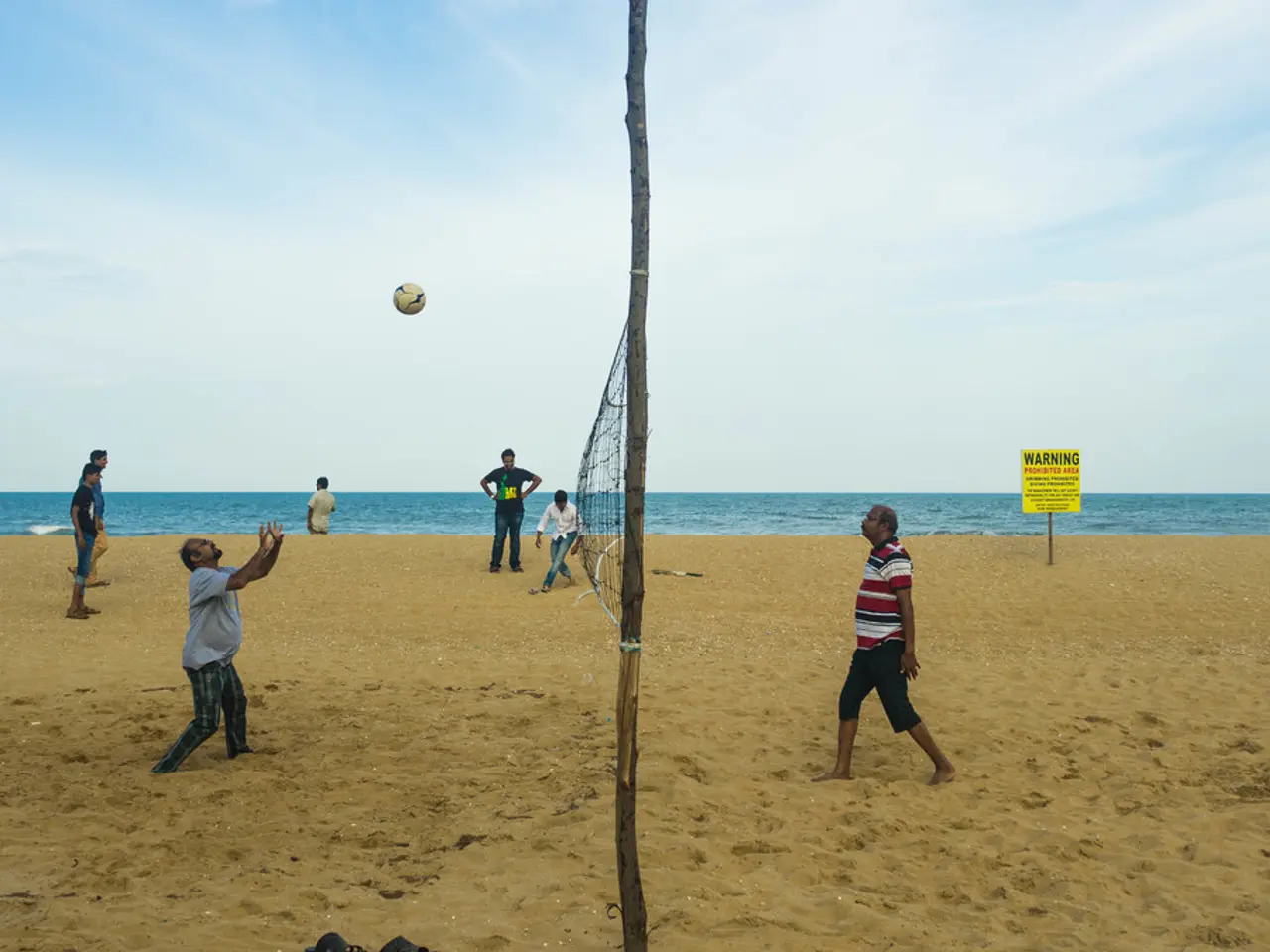Russia's Power Struggle: A Peek into Putin's Philosophical Approach
In a recent interview, Russian President Vladimir Putin discussed various aspects of US politics and Russian-American relations.
Putin mentioned the display of portraits of Angela Davis, a prominent figure in the fight for African Americans' rights and a member of the US Communist Party, around the Soviet Union in the past. He also expressed an ideological basis for developing contacts with the Democratic Party, citing shared values such as equality and fraternity, which he considers akin to Christian values.
However, it is crucial to clarify that the Democratic Party in the United States and the Communist Party are distinct political entities. The Democratic Party operates within a capitalist and democratic framework, advocating for regulated capitalism, social welfare programs, and progressive reforms. In contrast, communist parties are built around a Marxist ideology that seeks to abolish capitalism and establish a classless, stateless society.
Putin's comments about the Democratic Party's ideological alignment with communism should be viewed in the context of shared social democratic values rather than a shared commitment to communist principles.
Putin also touched upon the topic of US politics, expressing that Trump's impeachment had enhanced Russia's prestige due to the allegations of immense influence and power. He was asked about his preference between Trump and Biden, to which he responded, "We are onlookers; we do not interfere in the process."
Putin found humor in the credit he received from Democrats for allegedly manipulating the 2016 election and acknowledged the "rather sharp anti-Russian rhetoric" of the Democrats. However, he also noted the Democratic Party's historical support for the African Americans' movement for their legitimate rights.
Regarding international relations, Putin observed that the Democratic Party shares social democratic ideas, similar to those of the Communist Party Soviet Union, where he was a member for nearly 20 years. He claimed that Biden is "ready" to sign a "new strategic offensive reductions treaty" with Moscow, a statement based on his past relationships with "former" Soviet officials in Ukraine and Russia, and his family's lucrative deals with communist China.
It is important to note that Putin denied interfering in American elections during the interview. However, his past relationships and his family's deals with communist China are a matter of public record and have been a subject of political debate in the United States.
In conclusion, Putin's remarks on US politics and Russian-American relations highlight the complex and multifaceted nature of these relationships. While shared social democratic values may form the basis for some ideological common ground, it is essential to remember that the Democratic Party and the Communist Party are distinct political entities with different ideological foundations.
- China, as a communist nation, has been a part of debates concerning the Biden family's business deals.
- The display of Angela Davis' portraits around the Soviet Union was a historical event, showcasing her prominence in fighting for African Americans' rights.
- The Democratic Party's stance on regulated capitalism, social welfare programs, and progressive reforms distinguishes it from the Communist Party.
- In the past, Putin was a member of the Communist Party Soviet Union for nearly 20 years.
- Biden, as a potential future leader of the Democratic Party, is speculated to be "ready" to sign a "new strategic offensive reductions treaty" with Moscow.
- Putin has been praised and critiqued on social media for his alleged influence in the US's 2016 election.
- Trump's impeachment conversation has led to enhancing Russia's prestige due to allegations of immense influence and power.
- The General News section has been active with discussions on Putin's past relationships and his family's deals with communist China.
- The WNBA, MLB, NBA, NHL, football, tennis, and other sports are followed with keen interest worldwide, including in Russia and China.
- Mixed Martial Arts, auto-racing, horse-racing, and premier-league football are examples of sports entertainment that attract fans globally.
- Sports-betting has become a part of pop-culture, with European leagues and the Champions League being popular betting destinations.
- Crime-and-Justice news often covers car-accidents, and their investigation and analysis are key topics in that field.
- Weather-forecasting and sports-analysis are essential in planning events, from football matches to auto-racing Grand Prix.
- War-and-Conflicts form an integral part of the international relations and policy-and-legislation discourse.
- Pop-culture references to celebrities are prevalent in various entertainment domains, such as sci-fi and fantasy literature, movies, and television shows.
- Social-media platforms have become vital tools for spreading awareness about migration issues, supporting human rights, and fostering international discourse.
- Fire accidents, like forest fires, are serious concerns that require immediate response and legislative action for preventive measures.
- In sports, accidents can happen during crucial moments, impacting the outcomes of matches and upending tournament standings.
- The NCAA-Basketball, NCAA football, and other college sports are integral components of American pop-culture and carry significant reputation and prestige.
- ThePolitics section has extensively covered Putin's recent interview, highlighting his remarks on US politics, Russian-American relations, and the distinctions between the Democratic Party and the Communist Party.
